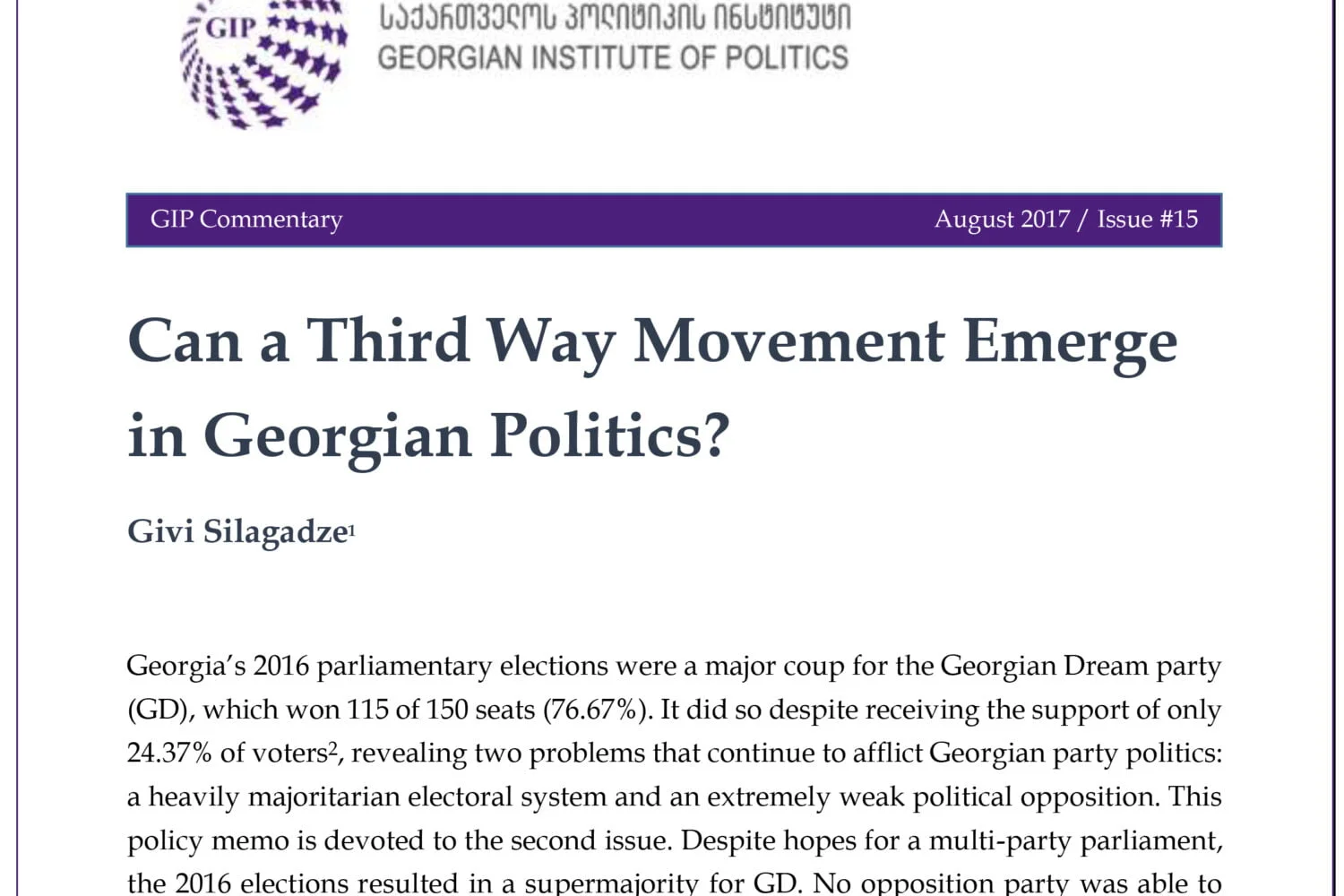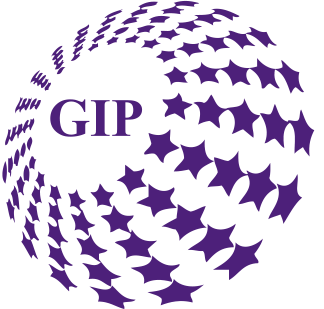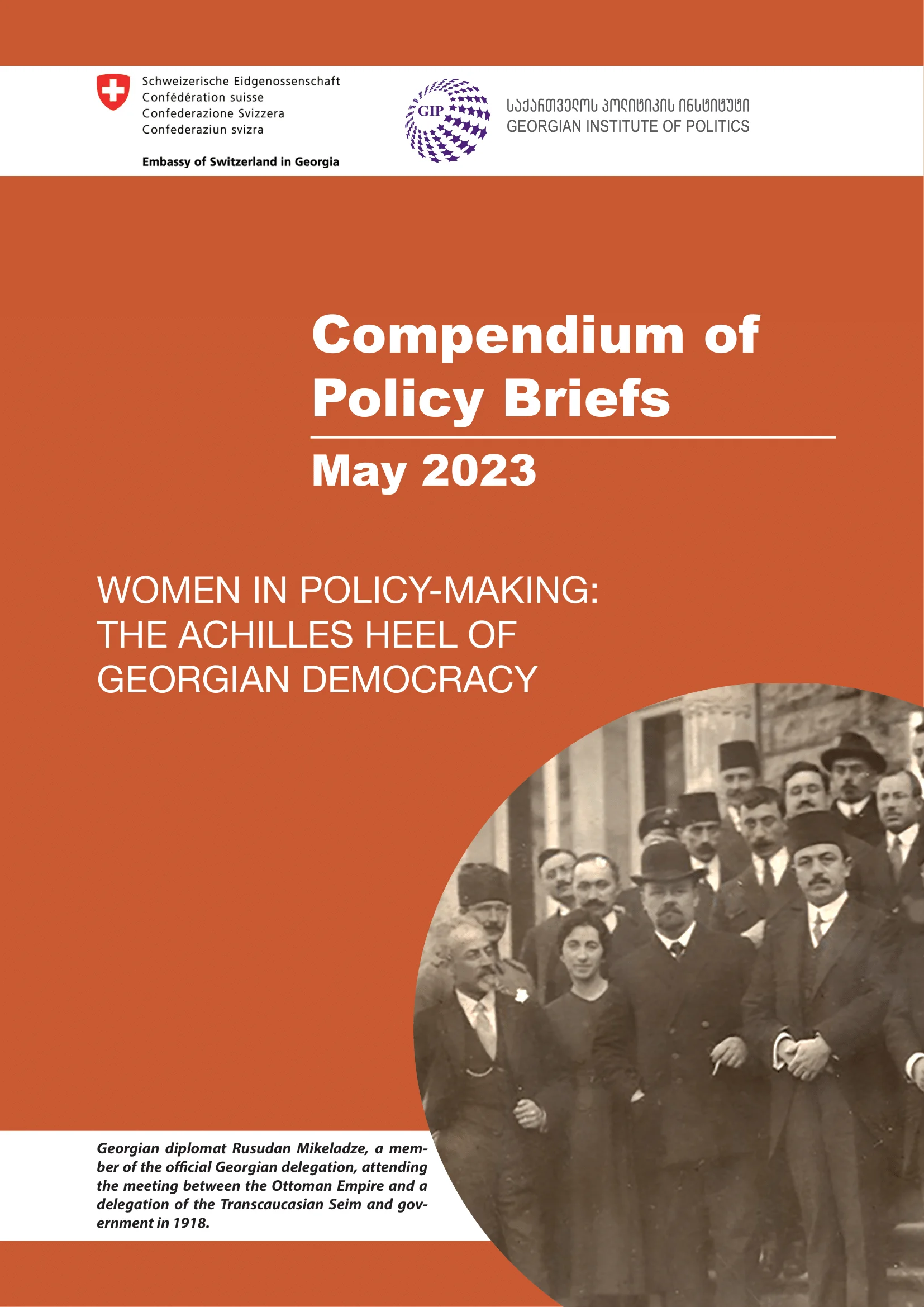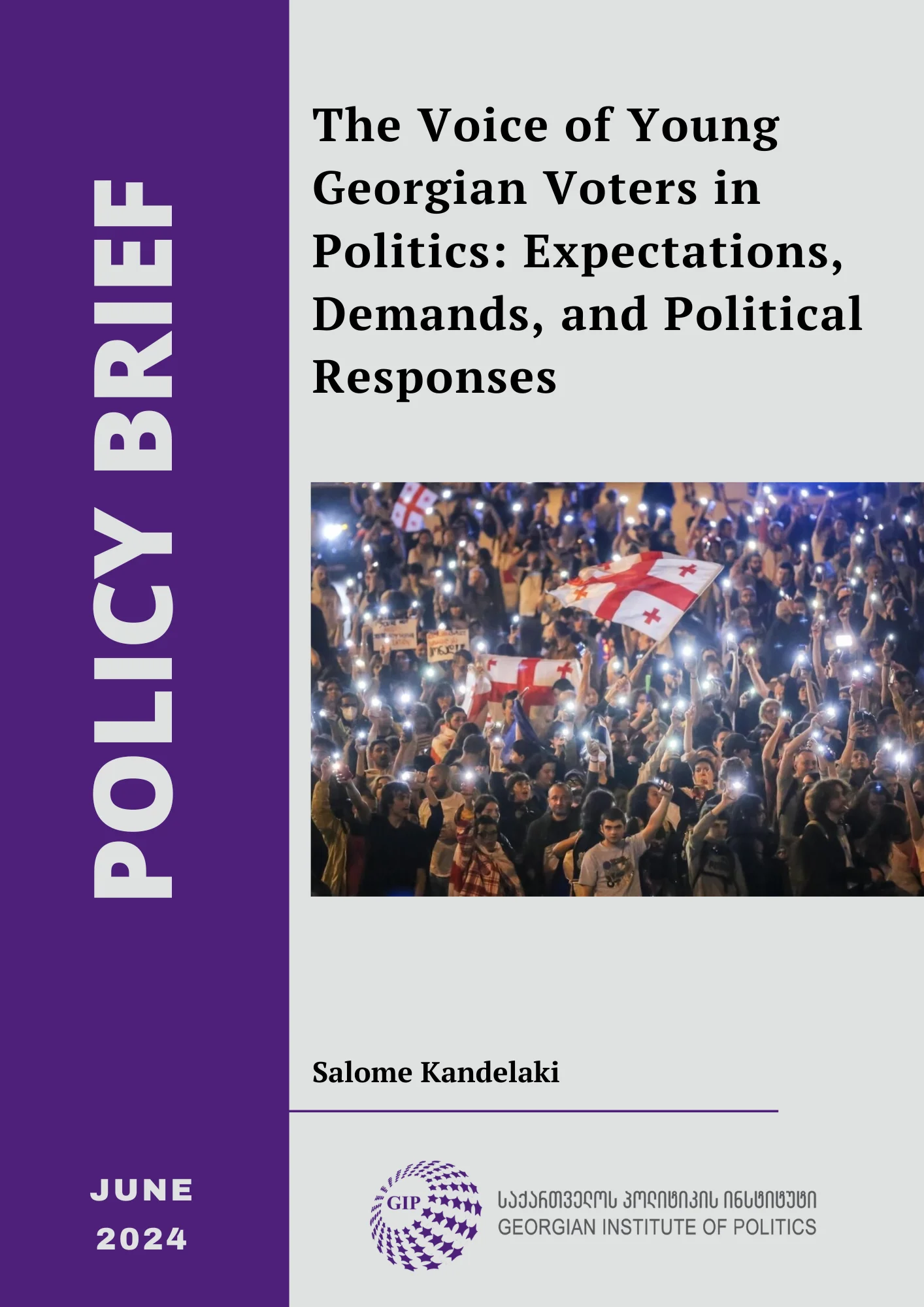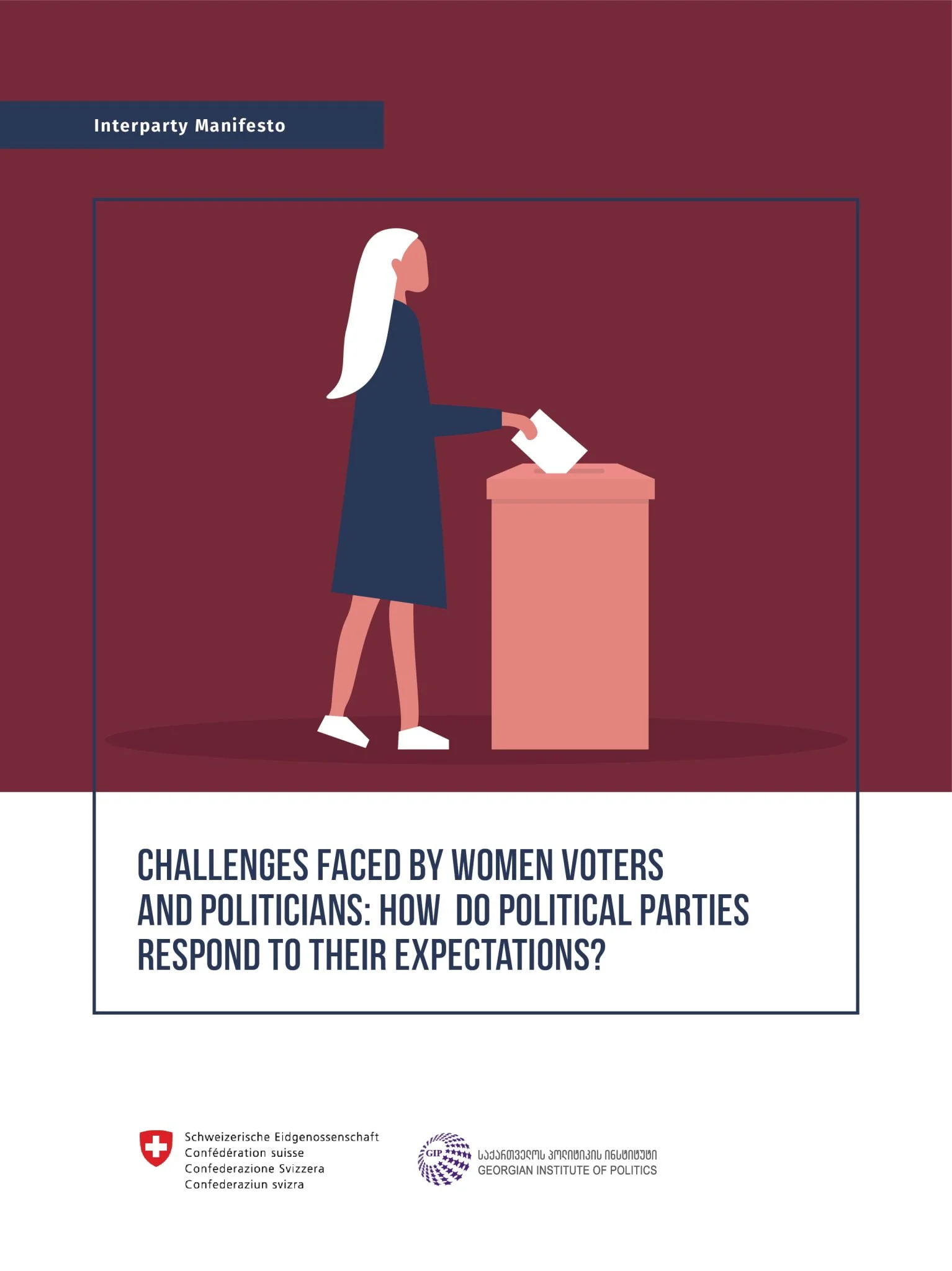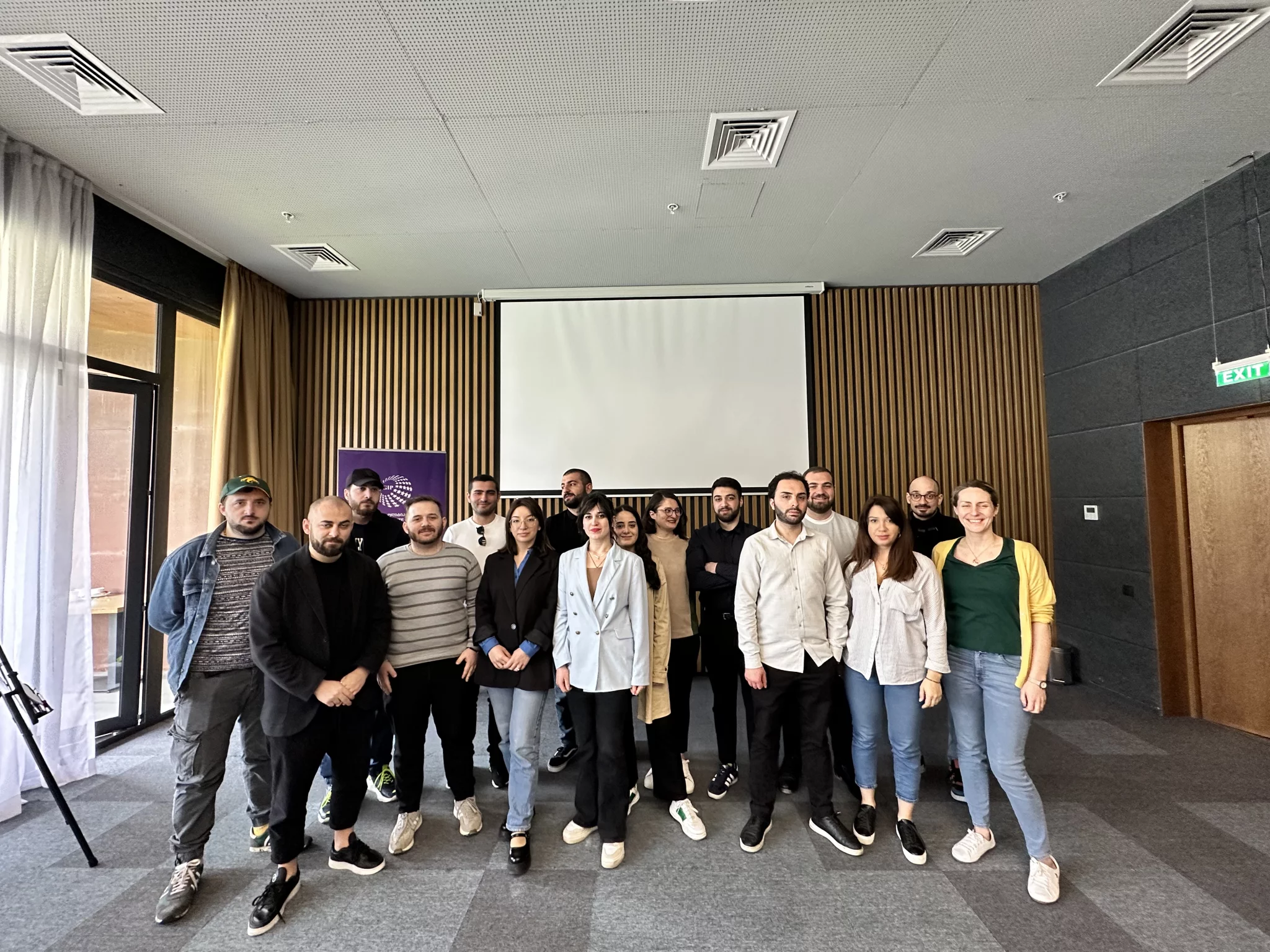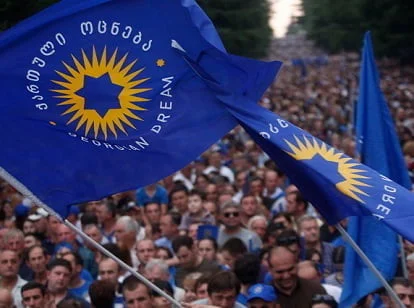2017-08-02 10:41:52
Georgia’s 2016 parliamentary elections were a major coup for the Georgian Dream party (GD), which won 115 of 150 seats (76.67%). It did so despite receiving the support of only 24.37% of voters, revealing two problems that continue to afflict Georgian party politics: a heavily majoritarian electoral system and an extremely weak political opposition. This policy memo is devoted to the second issue. Despite hopes for a multi-party parliament, the 2016 elections resulted in a supermajority for GD. No opposition party was able to present itself as a true contender.
The opposition parties responded to the disappointing result by reorganizing. On Jan. 12, 2017 a mass of former United National Movement (UNM) members announced they were quitting to form a new political movement, the Movement for Liberty-European Georgia. Another political movement was born on June 16 when David Usupashvili, former leader of The Republican Party of Georgia and ex-parliament speaker, announced the foundation of a new political movement – “The Development Movement.”
Both new parties promise to offer voters a third way between the existing binary of GD and the UNM, the latter having been the only realistic opposition contender in Georgian party politics. Many observers are skeptical, however, believing that prospects of future success are slim and both new parties will have trouble standing out from GD and the UMN.
This memo addresses three important questions. First, what are the factors that encouraged both new players to emerge? Second, how do these new parties justify their existence within the party system? Last, and most important, what can the new parties learn from the past experience of other movements that have tried and failed to offer alternatives to GD and the UNM?


